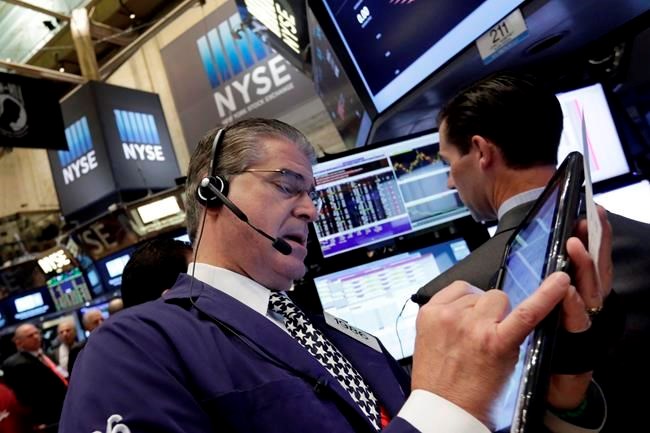Economic headwinds continue to mount, inflation remains problematically high, financial indicators are tightening and asset prices have experienced a sharp decline, causing greater economic uncertainty worldwide, RBC Dominion Securities (RBCDS) says.
“Our GDP forecasts have been below consensus for several quarters as we anticipated deceleration in economic growth for 2022. This (second) quarter we have further reduced our forecast and now expect growth to be particularly weak in 2023,” the company said in its second-quarter global investment outlook report, which was presented during the recent city council meeting.
The main economic headwinds include high inflation, aggressive central-bank tightening, a global commodity shock, the continuation of supply-chain challenges and damage from China’s zero-tolerance COVID-19 policy, the report continued. This combination of headwinds means “the risk of recession is heightened over the next two years.”
RBCDS believes this poor outlook means developed nations will see combined economic GDP growth of 2.5 per cent for the rest of 2022 — less than half 5.2 per cent from last year — followed by 1.2-per-cent growth next year. Aside from 2020’s pandemic shock, the 2023 forecast represents the weakest annual performance in more than a decade.
The company is also downgrading its emerging-market growth outlook and anticipates overall growth in developing nations of 3.3 per cent for the rest of 2022 and 3.7 per cent next year.
“These growth rates remain well below historical levels for emerging markets,” the report said.
Unacceptably high inflation
Inflation that has sat at multi-decade highs is the dominant challenge, with RBC Dominion Securities’ forecasts above the consensus and projected pricing pressures to remain elevated in the near term before declining toward longer-term norms, the report continued.
In the short-term, supply-chain issues, a housing boom and lingering tailwinds from monetary and fiscal stimulus will likely keep inflation hot. RBCDS expects inflation to be six per cent to eight per cent for the rest of 2022 in the developed world, while inflation will “remain above normal” for 2023 but slightly lower.
The company expects inflation to calm because of governments dialing back monetary and fiscal stimulus, commodity prices falling and housing prices feeling the weight of interest rates. Long-term, RBCDS expects inflation to continue falling due to factors like demographics limiting consumer price pressures.
“But we also recognize that forces such as climate change, a partial reversal of globalization and a rebalancing of powers between employers and employees may provide offsets,” said the report.
Therefore, RBC Dominion Securities expects inflation to be slightly higher than two per cent long-term compared to below two per cent during the past decade.
U.S. dollar to weaken
The U.S. dollar has benefitted from risk aversion amid Russia’s invasion of Ukraine and from expectations that the federal reserve will hike interest rates faster than its peers, the report said.
RBCDS expects the greenback to decline in the medium- to long-term since the dollar is meaningfully above its purchasing parity with other world currencies. Furthermore, the fed’s hawkishness and the expected economic weakness abroad are priced in.
Main indicators that point to the U.S. dollar peaking include a slowdown in economic activity there, a hawkish shift in tone from the European Central Bank, signs that Asian policymakers could support their currencies, and/or de-escalation in the war in Ukraine.
“Our forecasts are for the U.S. dollar to depreciate against a basket of major developed-world currencies over the year ahead,” RBC said.
RBCDS also pointed out that interest rates are rising quickly as central banks battle inflation, bond yields are surging and alleviating valuation risks, equities are facing a deep rout and profit outlooks are vulnerable amid slowing growth worldwide.




